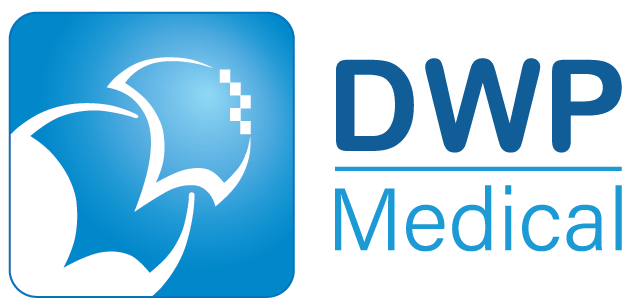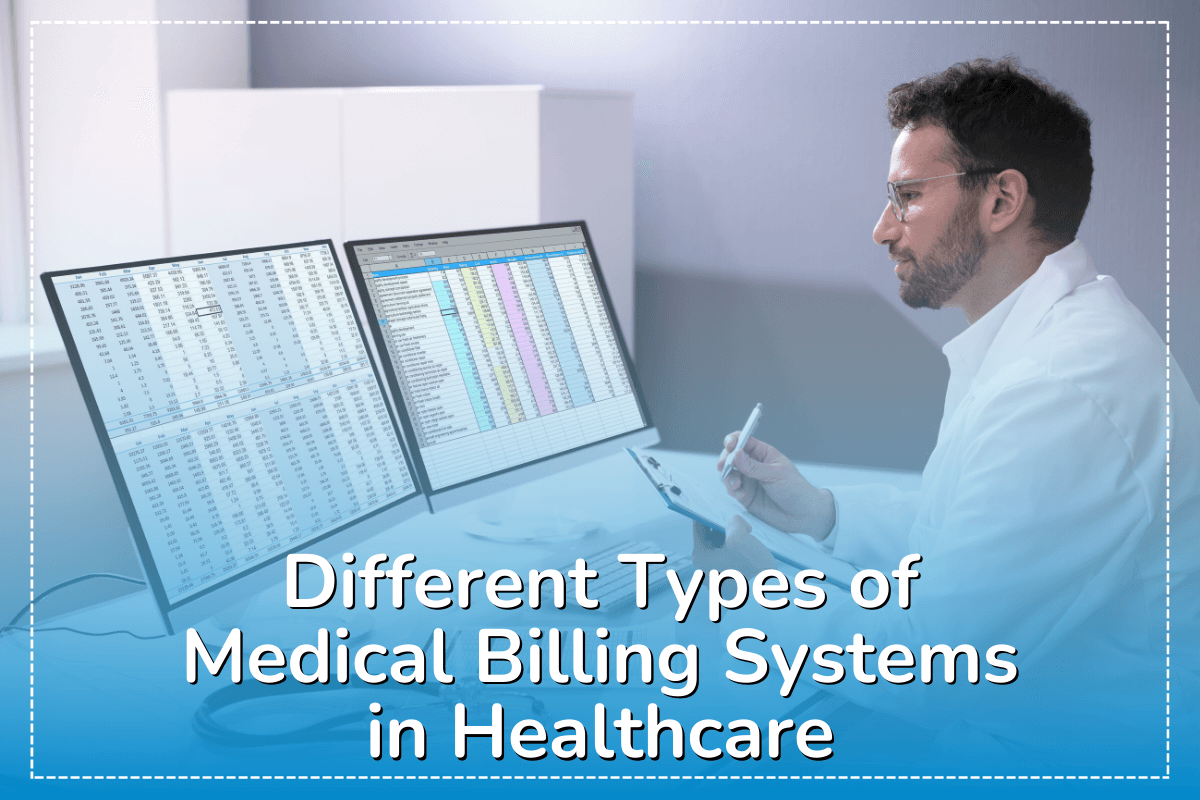Medical billing systems are important components for the proper operation of healthcare practice. Including accurate processing of patient claims, tracking payments and reimbursement.
Multiple options are available, and just the right medical billing system chosen will boost efficiency and minimize administrative burdens. In this blog, we will highlight the medical billing systems that healthcare providers follow.
With a basic understanding of the medical billing systems list and the benefits of modern medical billing software systems, you will have a better idea of which method will work best for your practice.
What Is a Medical Billing System?
A medical billing system is a piece of software or platform that helps healthcare providers run and streamline the complete billing process. Medical billing software systems let healthcare providers keep the flow of their work from patient registration to payment. In checking that healthcare providers are compensated for their services they are coding procedures, submitting insurance claims, and tracking payments.
Top Medical billing systems reduce errors by humans and maintain efficiency and compliance with regulations. It likewise helps healthcare practices record the correct assignment of patient data, insurance claims, and financial transactions.
Types of 3 Medical Billing Systems
Medical Billing System comes in different types and are built to meet the healthcare needs. Here are three main types of medical billing systems, what makes those types of systems unique, their advantages, and how the system is used in healthcare practice.
-
Closed Medical Billing System
This is specific to a particular healthcare provider or network. In other words, the system is used solely by a single healthcare organization or group of associated practices. This network maintains patient data and billing information and does not share the patient with outside the network. Large Healthcare Networks, hospitals, or more specialized medical practices use closed systems and knows the importance of documentation in medical billing.
Usage: If your practice or network merges billing with other hospital functions that often require a greater volume of patients, this system suits you well.
Benefits: This allows better control over patient data, high levels of personalization, and greater security because the data is still within the organization’s boundaries.
Examples: Most hospitals make use of proprietary closed medical billing software systems (with their EHRs).
-
Open Medical Billing System
It is an open medical billing system, meaning that patient data as well as billing information can be passed on from one clinical provider to another since patients may be treated by as many organizations.
Billing data and medical records can be shared between multiple providers in open systems. Facilitating the handling of patient care in a more collaborative healthcare environment.
Usage: When patients move frequently from different health care providers and multi-specialty practices or when there’s collaboration in patient care among health care organizations.
Benefits: Patient coordination of care, and easier sharing of critical information between the systems and between providers. It also permits more efficient handling of patient data within different settings.
Examples: Typical practices use shared medical billing systems with software that creates interoperability between providers and a variety of EHR platforms.
-
Isolated Medical Billing System
Small independent healthcare practices use an isolated medical billing system. This system deploys manual or standalone billing and does not integrate into the larger network or EHR.
This type of system is commonly used in older practices having smaller databases in need of management or with lower patient volume.
Usage: Isolated medical billing systems are mostly used by small clinics. Private practices and solo practitioners who handle fewer than six patients and who prefer a simpler billing process.
Benefits: For smaller practices, it is more cost-effective, easier to implement and more flexible. The other thing it needs less technical support than bigger systems.
Examples: Medical billing software systems that can be sold standalone for use in independent practices, without tying into a larger network.
Having the wrong medical billing system can be a huge problem for healthcare practices managing the billing side of their patient care. From the list of top medical billing systems available, there are so many options that you need to look into your practice before deciding which of the best medical billing systems provide the most benefit for your practice.
DWP Medical Provides the Best Medical Billing Services
DWP is the company that offers DWP Medical division, one of the leading providers of advanced billing services, medical coding services for healthcare facilities. Their offerings are based at the core on comprehensive medical billing solutions to improve the medical revenue cycle for healthcare providers.
Given the complexity of managing revenue cycles in today’s healthcare environment, DWP Medical understands. These top medical billing systems are meant to cut down on administrative burden, improve efficiency. And reduce claim denials, in turn allowing providers to get maximum reimbursement without excessive delay.
The liability of medical billing lies in what your organization needs. Whether you need a closed medical billing system or an open medical billing system that allows data transfer with your clients’ practices.
Healthcare providers find themselves with a list of medical billing systems to partner with, which involves every single claim tracking, denial management, and compliance support from DWP Medical.
At DWP Medical they are focused on offering the best medical billing solutions in the industry. Enabling healthcare providers to realize their revenue cycle potential and ensure that their financials are solid.
FAQs
What is the EPIC medical billing system?
It is use to handle efficient medical billing with Epic medical software to avoid potential revenue leakages. You also improve overall collections, cash flow and the consistency of the RCM process. This results in providers preventing claims denials and the undue stress of losing revenue they are due.
What Types of Medical Billing are there?
There are three main types of medical billing systems used in healthcare:
Closed Medical Billing System: Viewed by a single healthcare organization or network and where the data is kept private.
Open Medical Billing System: It shares billing and patient information to allow multiple providers to coordinate care.
Isolated Medical Billing System: Sometimes used by small or inexperienced practices that bill less complicated, with less network integration.
What Are Two Most Common Types of Medical Billing?
The two most common types of medical billing are:
Professional Billing: It serves the services of individual healthcare providers, such as physicians, specialists and therapists. So, it means billing for services that are directly related to patient care and treatments.
Institutional Billing: It applies to services by services, large healthcare facilities such as hospitals or nursing homes. Room charges, equipment usage, and facility-based care are all provided by this type of billing.



One thought on “What Are Different Types of Medical Billing Systems in Healthcare”